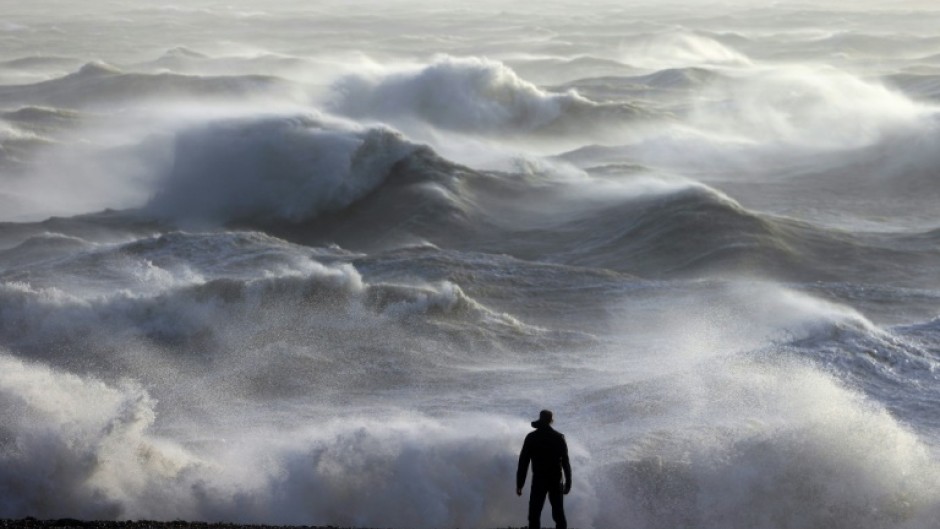LONDON - Last year is set to be the UK's second warmest on record, according to provisional figures released on Tuesday by the country's national meteorological service.
READ: Warmest Arctic summer caused by accelerating climate change
The average temperature was provisionally higher than in any other year since 1884 except for 2022, continuing a warming trend made "significantly more likely" by human-induced climate change, the Met Office said.
Wales and Northern Ireland, two of the four nations making up the United Kingdom, had their warmest years on record for the second consecutive year, it added.
Meanwhile, 2023 was provisionally also the warmest year for the UK for minimum temperature, the agency said.
"Climate change is influencing UK temperature records over the long term," Met Office senior scientist Mike Kendon said in a statement.
"While our climate will remain variable, with periods of cold and wet weather, what we have observed over recent decades is a number of high temperature records tumbling.
"We expect this pattern to continue as our climate continues to change in the coming years as a result of human-induced climate change," he said.
It comes as communities across the globe reel from extreme weather in recent years, including heatwaves, droughts and wildfires that scientists say are being exacerbated by climate change.
The EU's Copernicus Climate Change Service said last month that 2023 would be the hottest on record for the world.
Last year's warmth in the UK was spearheaded by heatwaves in June and September, while eight of its 12 months saw above-average temperatures.
The provisional mean temperature of 9.97 degrees Celsius (49.95 Fahrenheit) put 2023 narrowly behind the previous year, when England smashed its all-time temperature record by topping 40 degrees Celsius for the first time.
Last year also ranked as the second warmest for Central England Temperature (CET), the world's longest instrumental temperature series, which dates back to 1659, the Met Office said.
Greenpeace UK's policy director, Doug Parr, said "climate alarm bells are ringing" and accused British Prime Minister Rishi Sunak of having "his fingers in his ears".
The UK leader last year announced the softening of several policies aimed at reaching net-zero carbon emissions by 2050, while also permitting new oil and gas drilling in the North Sea.

"There is massive voter support for climate action and you'd think this news would call for an emergency response from the UK government," Parr said.
He urged Sunak to reverse the decisions and deliver "the kind of bold policies needed to tackle the climate crisis" or risk a legacy of "climate failure".

